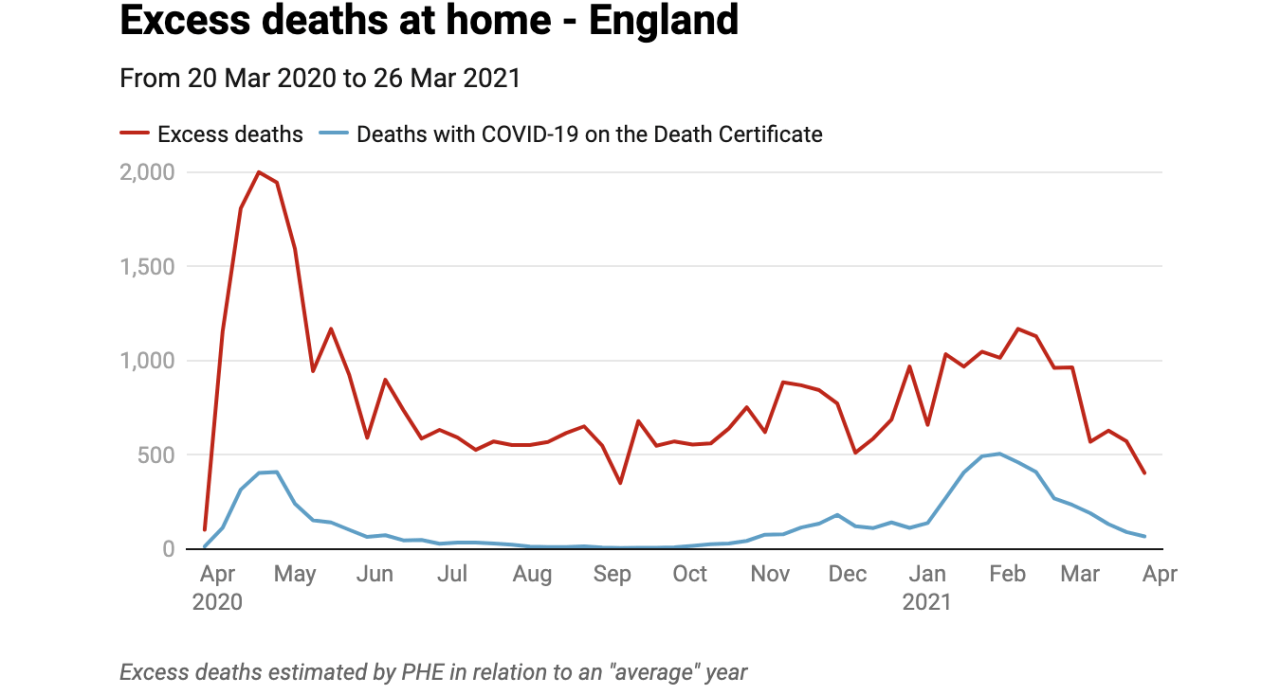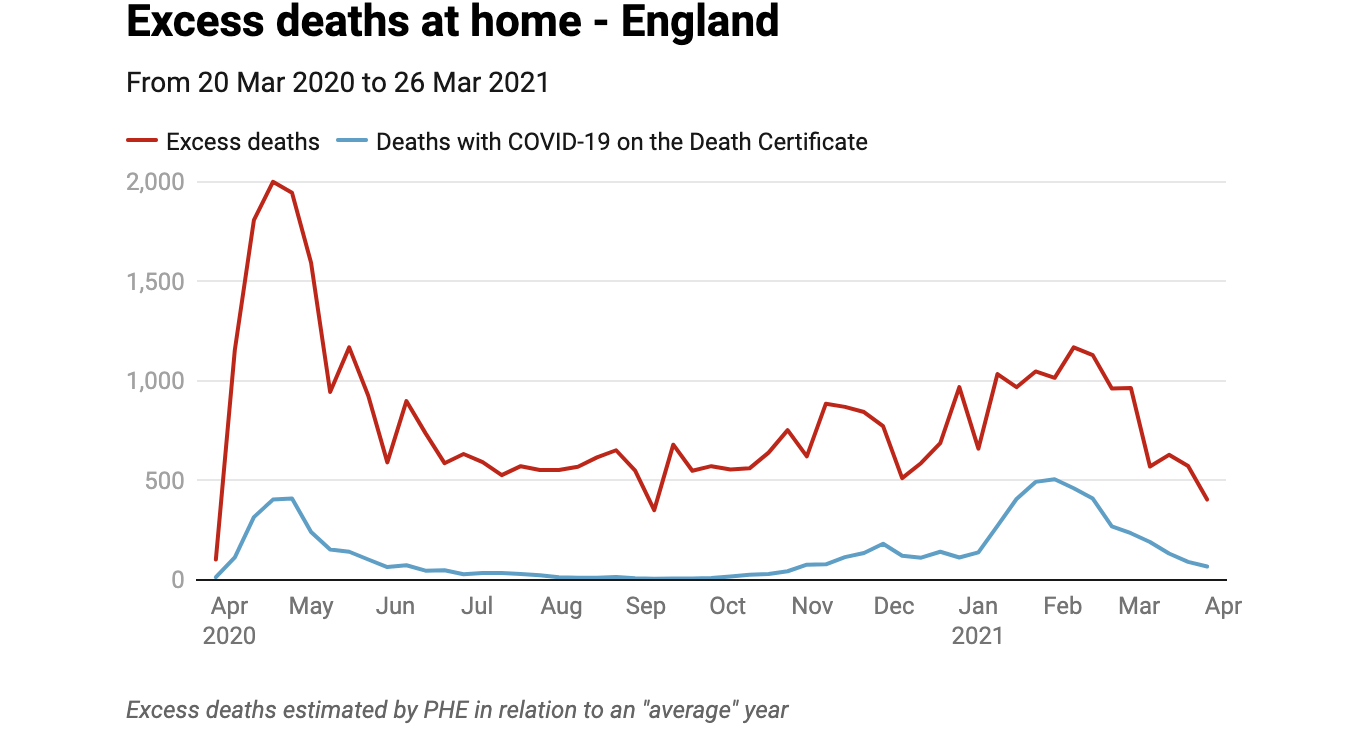The last patient I treated was 105 years old. She has lived through two world wars, a depression and at least five pandemics. It’s a real honour to treat centenarians. They teach me much about life: how it is and how it ends. I can also lighten the mood with my 80-year-old patients by telling them that they’re still young. It’s common to hear talk about an ‘ageing society’ being some kind of disaster befalling the country. Yes, people are leading longer, healthier lives now than ever before. Is this really a ‘demographic timebomb’? I’d call it the greatest achievement of our time. When my patient was born in 1915, average life expectancy was about 55. Thanks in large part to vaccination, the postwar years lifted life expectancy at birth from 70 to just over 80. We became better at treating heart disease and other basic killers. To keep pushing progress, we need better medicine and science: to understand what works, and what doesn’t. Which takes me to my day job.
I’m a professor of evidence-based medicine at Oxford University, but work Saturday shifts as an emergency GP. This lets me see healthcare from both sides. Academics can make theoretical arguments for policy changes, but how does this affect patients’ lives? For example, rules on care-home visits were relaxed a few weeks ago. Nurses tell me it has made a huge difference; not just for morale, but for basic health. Patients with dementia can forget to drink, so if they get an infection they can easily die of dehydration. That’s why they need people to sit with them as much as possible to provide basic care.
It’s hard to imagine, let alone measure, the side effects of lockdowns.









Comments
Join the debate for just £1 a month
Be part of the conversation with other Spectator readers by getting your first three months for £3.
UNLOCK ACCESS Just £1 a monthAlready a subscriber? Log in